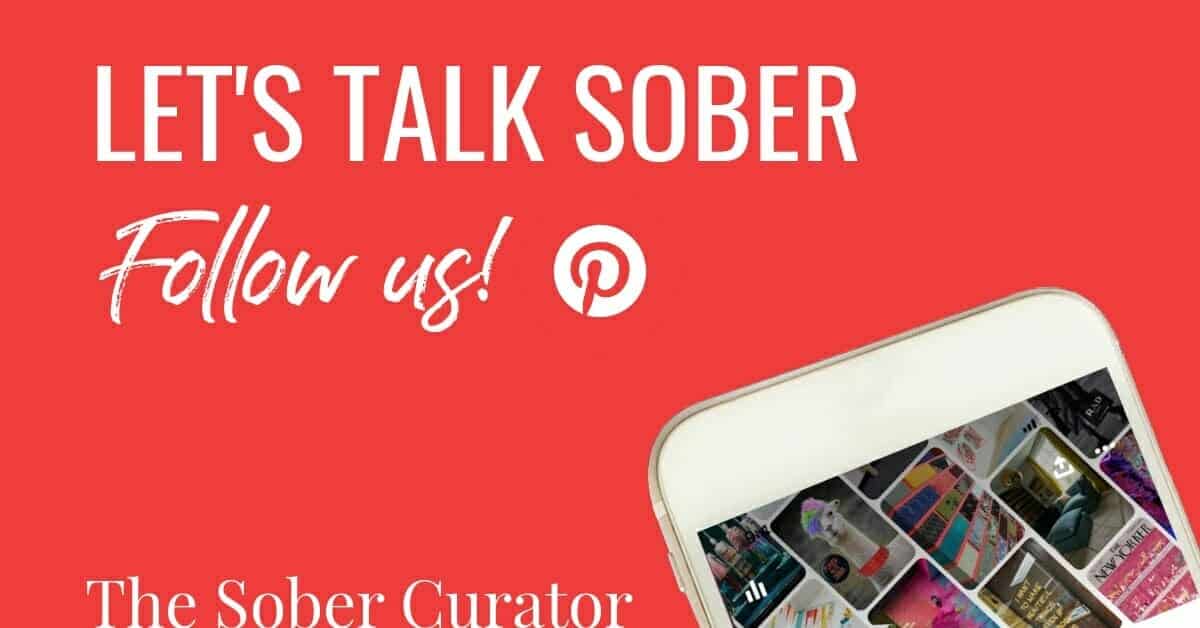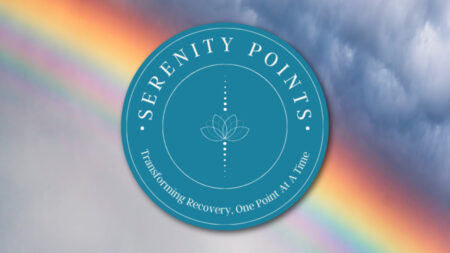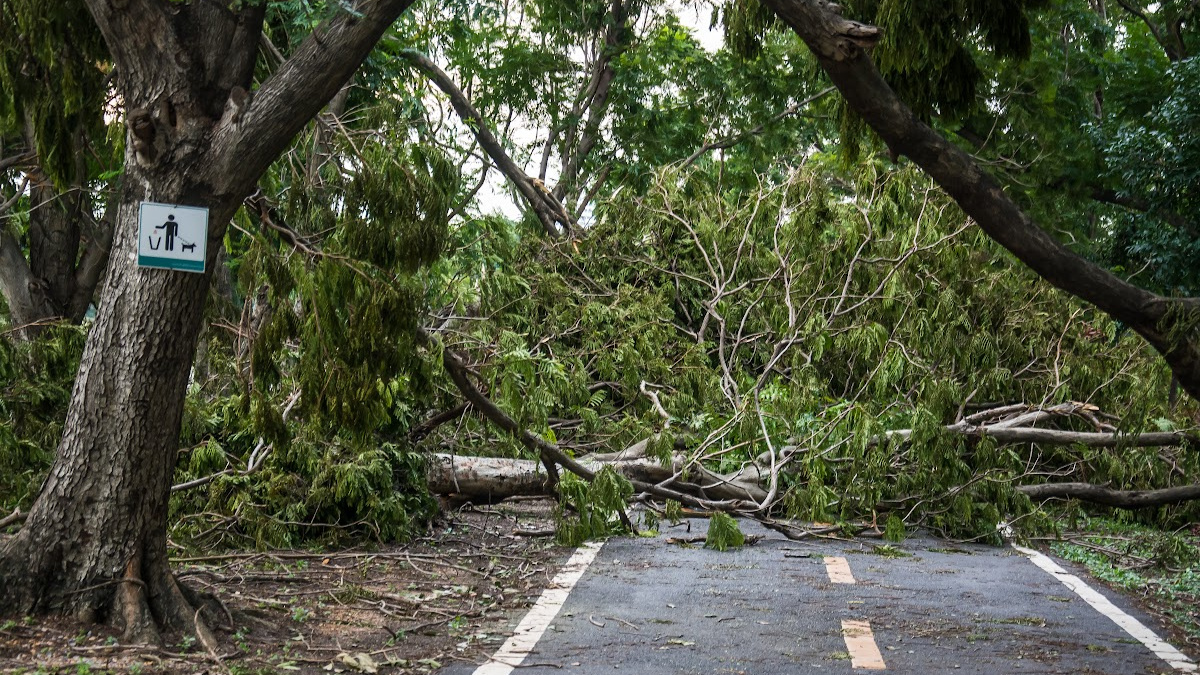
Facing the aftermath of a relapse can feel like walking through a once serene forest that has been touched by storm. Trees might be down, and the path may not be as clear as it once was, but the beauty of the forest remains, ready to flourish again with a bit of care and time. Dr. Henry Cloud once said, “Trust is the fuel for all of life,” highlighting how essential trust is in nurturing and sustaining our relationships. When a loved one relapses, it’s as though a storm has passed through, and the clearing up process involves mending that vital trust. However, it’s key to approach this with compassion and understanding, rather than shame, keeping hope at the forefront of the journey ahead.
“Trust is the fuel for all of life,”
Dr. Henry Cloud
Embracing the Courage to Heal
Here’s an incredibly important fact to remember: relapse is not a sign of failure but a step in the very complex journey of recovery. For loved ones, the initial feelings of disappointment and fear are natural, but it’s crucial to let the following sink in: this moment doesn’t define the entirety of progress made. Healing begins with compassion—both for oneself and for the person striving to overcome their struggles. It comes down to acknowledging the pain without letting it overshadow the shared hopes, dreams, and the efforts already made. This compassion becomes the seed of hope that, with care, promises to bloom into trust once more.
For those feeling the sting of broken trust, taking active steps towards healing is beyond empowering. In practice it looks like this: instead of dwelling on the past, focus on creating a dialogue that looks to the future. Extend an invitation to reconstruct the path together, step by step, with shared goals and mutual understanding.
Cultivating Patience and Consistency
Patience is the water that nurtures the seed of trust. Understanding that trust is reestablished through ongoing actions and reliability, whether in personal or professional relationships, rather than quick fixes, is vital. Encourage your loved one to set clear, achievable goals and celebrate the milestones together, no matter how small. These consistent efforts and victories, gathered over days and months, form the steppingstones that bridge the gap created by the relapse.
Likewise, embracing the practice of self-care and setting healthy boundaries is crucial for both parties. For the person in recovery, it’s about taking responsibility and demonstrating commitment to the process. For the loved ones, it’s about finding balance—offering support while also taking care of their emotional well-being. With this balance the journey towards rebuilding trust becomes sustainable and grounded in mutual respect and care.

Choosing Hope
Ultimately, trust is about choosing to believe in the possibility of change and the power of resilience. It’s about standing beside each other, ready to face the challenges and celebrate the progress. For someone experiencing a relapse, asking loved ones to say yes to this journey again might seem like too big of an ask, yet it’s a plea too profound to go unspoken.
For the ones standing by, choosing to reignite the flames of hope and support is a powerful act of love. It’s a commitment to weather the storms together, believing in the beauty of the forest despite the fallen trees.
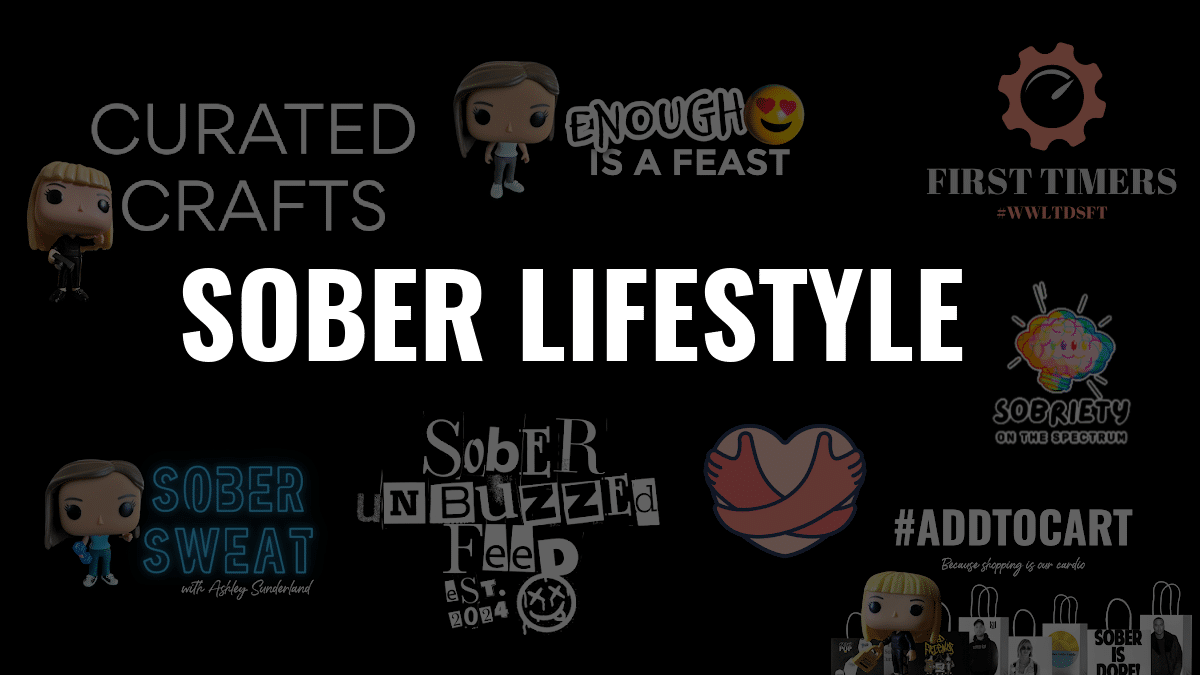
SOBER LIFESTYLE: Riding the sober lifestyle wave? You’re in good company! We’re on a mission to shatter the clichés around addiction, proving that sober is far from dull. We’re your go-to source for upbeat content that celebrates living life in high definition, sans alcohol. Our lifestyle section? Consider it your ultimate hub for all things sober-awesome. Because who says you need a drink to have a good time? Not us!
SOBER LIFESTYLE COLUMNS:
#ADDTOCART features unique sobriety gifts, swag, products, and miscellaneous merch we adore. Plus, we love discovering and featuring small businesses founded by people in recovery.
BREAK FREE FOUNDATION advocates to end the stigma of mental health, co-occurring disorders, and substance use disorders for those to and through recovery.
CURATED CRAFTS will give you fun and easy ideas to keep your hands and your mind busy. Art therapy is good for the soul!
Are you a Sober Foodie? ENOUGH IS A FEAST by Sober Curator Contributor & Wellness Guru Megan Swan covers healthy, and sometimes lazy recipes and mindful eating tips that align with your alcohol-free lifestyle.
FIRST TIMERS Sober Curator Contributor Megan Wright is the purveyor of the philosophy “When Was the Last Time You Did Something for the First Time?”
LAUGHING WITHOUT LIQUOR Sober Curator Contributors Tamar Medford and Lane Kennedy will show you how to laugh your way to a booze-free lifestyle.
SOBER SWEAT with Sober Curator Contributor Ashley Sunderland will pump you up! Here, you will find quick workouts and nutrition tips that are too legit. (Too legit to quit!)
SOBER UNBUZZED FEED is a collection of 24 Lists, each featuring 24 inspiring ideas, actions, and motivations to guide you toward being your best sober self in 2024.
SOBRIETY ON THE SPECTRUM is a guide to recovery, twelve steps, and otherwise, for and about #ACTUALLYAUTISTIC alcoholics
YOU’VE BEEN SELECTED Sober Curator Contributor Kate Vitela has been an RN in Pacific Northwest for over two decades and sober since 2018. You’ve Been Selected is a column that describes her journey through addiction, eating disorders, and what is now known as Drunkorexia.
WALK YOUR TALK with Sober Fashionistas Kate Vitala, Harley Skorpenske, and Alexandra Nyman. This section celebrates fashion and the role it plays in our recovery. Getting ready for life can be just as fun, if not more fun, now that we’re sober…because drunk never looks good.
WELLNESS AS A WAY OF LIFE: Wellness Coach and Sober Curator Contributor Megan Swan will help you master your health and wellness routines as a way of life. This podcast is for ambitious women who are looking to live with more sustainable energy, confidence, mental clarity and ease.
A Disco Ball is Hundreds of Pieces of Broken Glass, Put Together to Make a Magical Ball of Light. You are NOT Broken, Friend. You are a DISCO BALL!
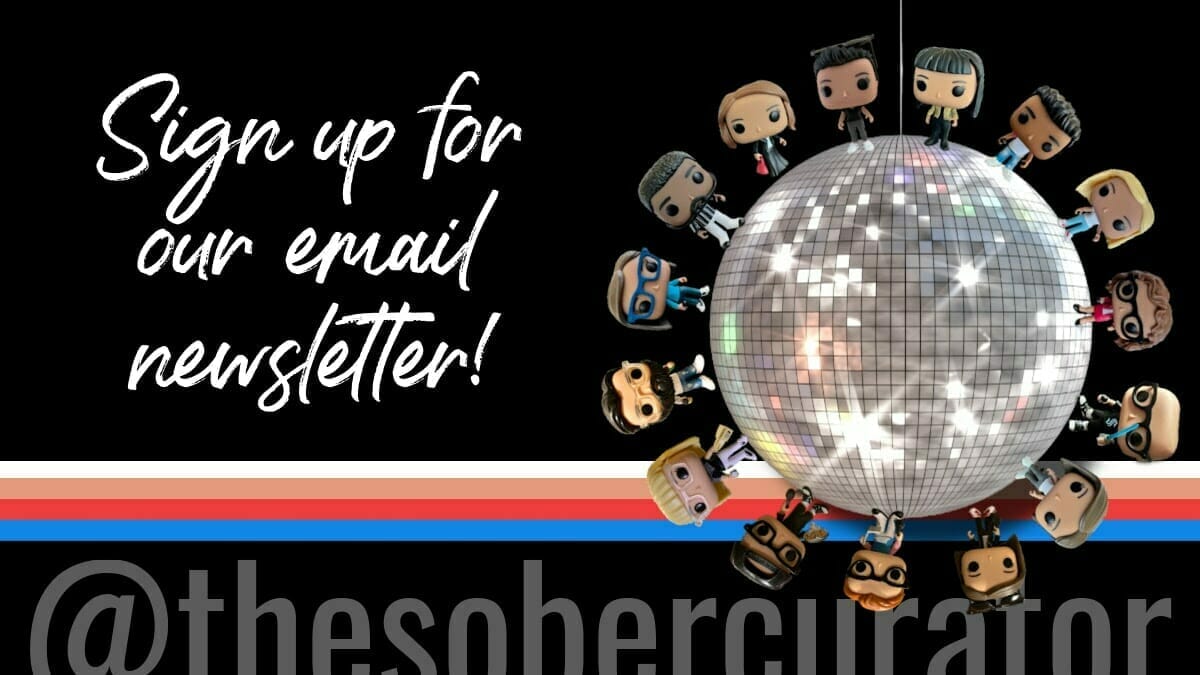
Resources Are Available
If you or someone you know is experiencing difficulties surrounding alcoholism, addiction, or mental illness, please reach out and ask for help. People everywhere can and want to help; you just have to know where to look. And continue to look until you find what works for you. Click here for a list of regional and national resources.
